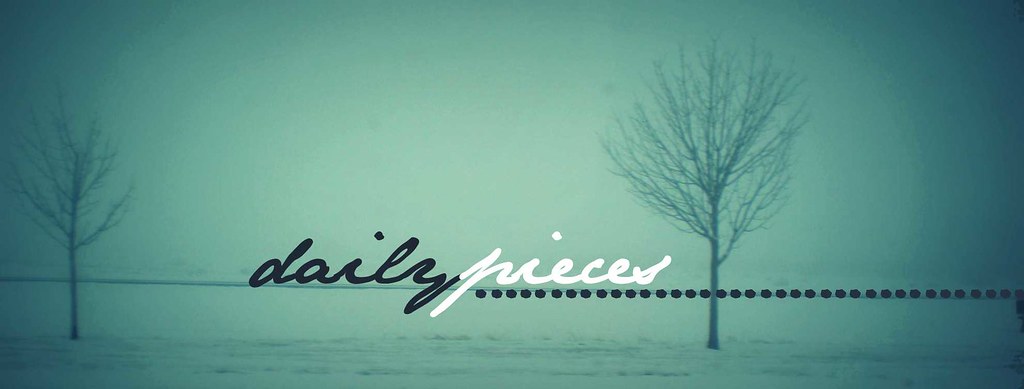bonfire.
I’ll chalk it up to exhaustion. Nine hours in three days simply isn’t enough. And my hold-it-together had run dry. And again, in my usual fashion, I started picking my eyelashes & shoving my sanitizer-with-alcohol-covered-finger in my eye to give me a good excuse. But it was quite obvious, I think.
The tears were subtle, but present. And the remnant red nose was an indication, too. All it took was 5 minutes. But then again, I knew what we were walking in to.
She is from Russia. She speaks Russian. She eats Russian. She looks Russian. She lives Russian. Or so says her beautiful teenaged daughter. And this high-cheek-boned petite Russian woman doesn’t live American. In fact, she doesn’t speak English at all.
So we dialed the hospital interpreter service & held the phone between us. Myself, the resident, the intern, the attending, & the patient. Like a little pow-wow warming ourselves around a bonfire, we stood around that phone & listened to the smooth river of syllables that flew between two mouths who didn’t understand each other.
And very soon, that theoretical bonfire became a burning mess of emotion & tears & fragile sobs.
We stood huddled around, syllables soaring, handing Kleenex & altering the pitch of our condolences. And oddly enough, in the midst of the words, the discourse, the piles of soggy Kleenex, we stood silent. Knowing.
Knowing that her life would never be the same after her encounter with the firey phone, the flying chatter, the forecasted timeline.
Knowing that she would leave the hospital & live a different Russian life than the one she was living when she walked in.
Knowing that the blow from the news we’d just delivered would never fully disappear—the bruises left marked in real, physical malady & real, emotional chaos.
Knowing that her family would forever change; her daughter without a mother, her husband without a companion.
And knowing that we wouldn’t see her again. Because she wouldn’t live long enough to come back to the hospital. Because she would be discharged tomorrow & live the remainder of her short life, her petite Russian frame & strikingly high cheek bones fighting the tsunami of American turmoil with her smooth river of syllables.
Plastic smiles were exchanged. And shoulder pats, with affection. We stood around that phone of dialect, vernacular flaming the permanent bonfire it symbolized.
The edges of my eyes wet, soul-driven salty water desperately trying to put out the flame.
I’m slowly learning, though, that the power of my emotion isn’t strong enough to extinguish some fires—only bold enough to make the embers glow.
The tears were subtle, but present. And the remnant red nose was an indication, too. All it took was 5 minutes. But then again, I knew what we were walking in to.
She is from Russia. She speaks Russian. She eats Russian. She looks Russian. She lives Russian. Or so says her beautiful teenaged daughter. And this high-cheek-boned petite Russian woman doesn’t live American. In fact, she doesn’t speak English at all.
So we dialed the hospital interpreter service & held the phone between us. Myself, the resident, the intern, the attending, & the patient. Like a little pow-wow warming ourselves around a bonfire, we stood around that phone & listened to the smooth river of syllables that flew between two mouths who didn’t understand each other.
And very soon, that theoretical bonfire became a burning mess of emotion & tears & fragile sobs.
We stood huddled around, syllables soaring, handing Kleenex & altering the pitch of our condolences. And oddly enough, in the midst of the words, the discourse, the piles of soggy Kleenex, we stood silent. Knowing.
Knowing that her life would never be the same after her encounter with the firey phone, the flying chatter, the forecasted timeline.
Knowing that she would leave the hospital & live a different Russian life than the one she was living when she walked in.
Knowing that the blow from the news we’d just delivered would never fully disappear—the bruises left marked in real, physical malady & real, emotional chaos.
Knowing that her family would forever change; her daughter without a mother, her husband without a companion.
And knowing that we wouldn’t see her again. Because she wouldn’t live long enough to come back to the hospital. Because she would be discharged tomorrow & live the remainder of her short life, her petite Russian frame & strikingly high cheek bones fighting the tsunami of American turmoil with her smooth river of syllables.
Plastic smiles were exchanged. And shoulder pats, with affection. We stood around that phone of dialect, vernacular flaming the permanent bonfire it symbolized.
The edges of my eyes wet, soul-driven salty water desperately trying to put out the flame.
I’m slowly learning, though, that the power of my emotion isn’t strong enough to extinguish some fires—only bold enough to make the embers glow.




No comments:
Post a Comment